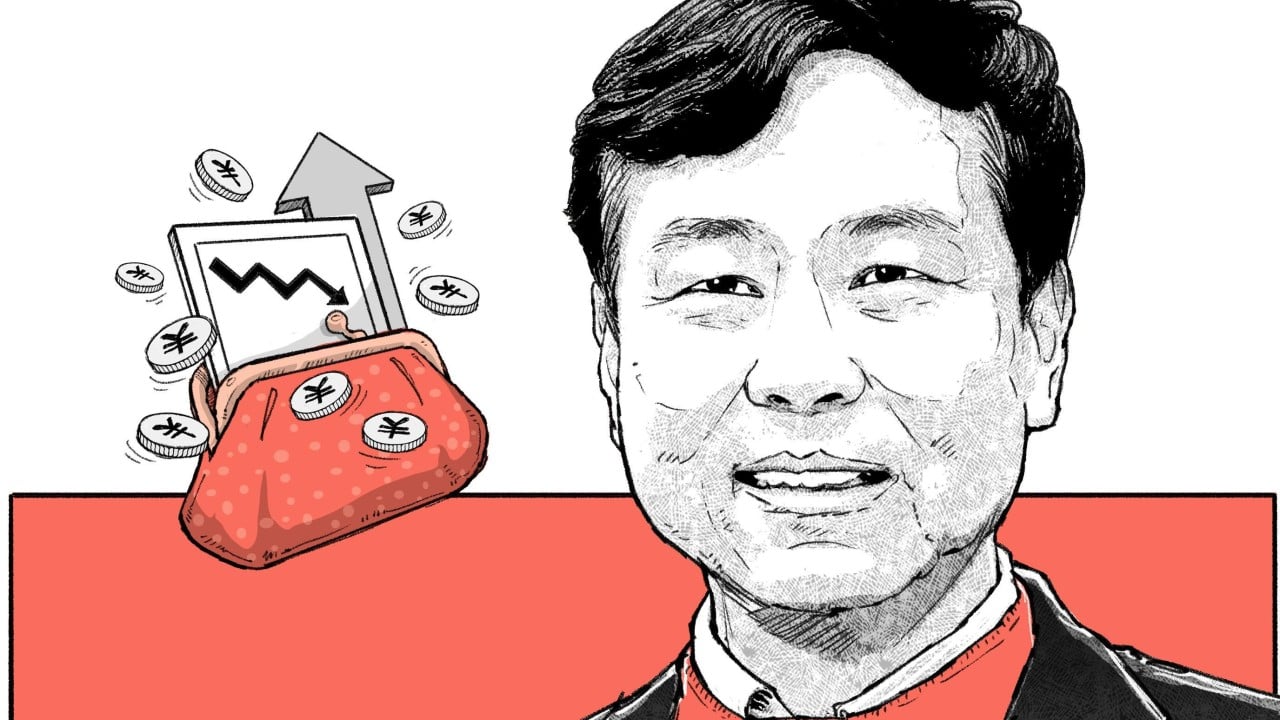
Lu Feng is a professor of economics and a former deputy dean at Peking University’s National School of Development. In more than 40 academic papers, six books and numerous magazine articles, he has studied issues critical to China’s economy, including the exchange rate, industrial development, food security and external imbalances. Lu has also served as an adviser to several government agencies, including the Ministry of Finance and the Ministry of Human Resources and Social Security.
Actually, this issue has been there for a long time. It should be said that since [former Chinese premier] Zhu Rongji’s era [1998-2003], both domestic academic circles and international observers have recognised that China’s consumption is relatively weak. However, in recent years, this problem has become particularly pronounced.
Indeed, consumption growth has been relatively slow, and there are a series of structural reasons behind this, including weakened public confidence after the Covid-19 pandemic. I think perhaps more importantly, income distribution, our social security system and the hukou [household registration] system all reflect what we might call a dual economy: while some groups have benefited, it must be said that the degree of inclusiveness is insufficient, which has led to the relatively low consumption of other groups.
On the other hand, our country’s system has long directed substantial public resources towards production, technology, supply and productivity. This has led to rapid growth in these areas, and the resulting contradiction with our insufficient final demand and especially weak consumption is becoming increasingly obvious.
A basic principle of economics highlights the importance of the balance between supply and demand. When your production capacity becomes exceptionally strong, even if consumption continues to grow, the excess supply will eventually lead to a series of problems.


